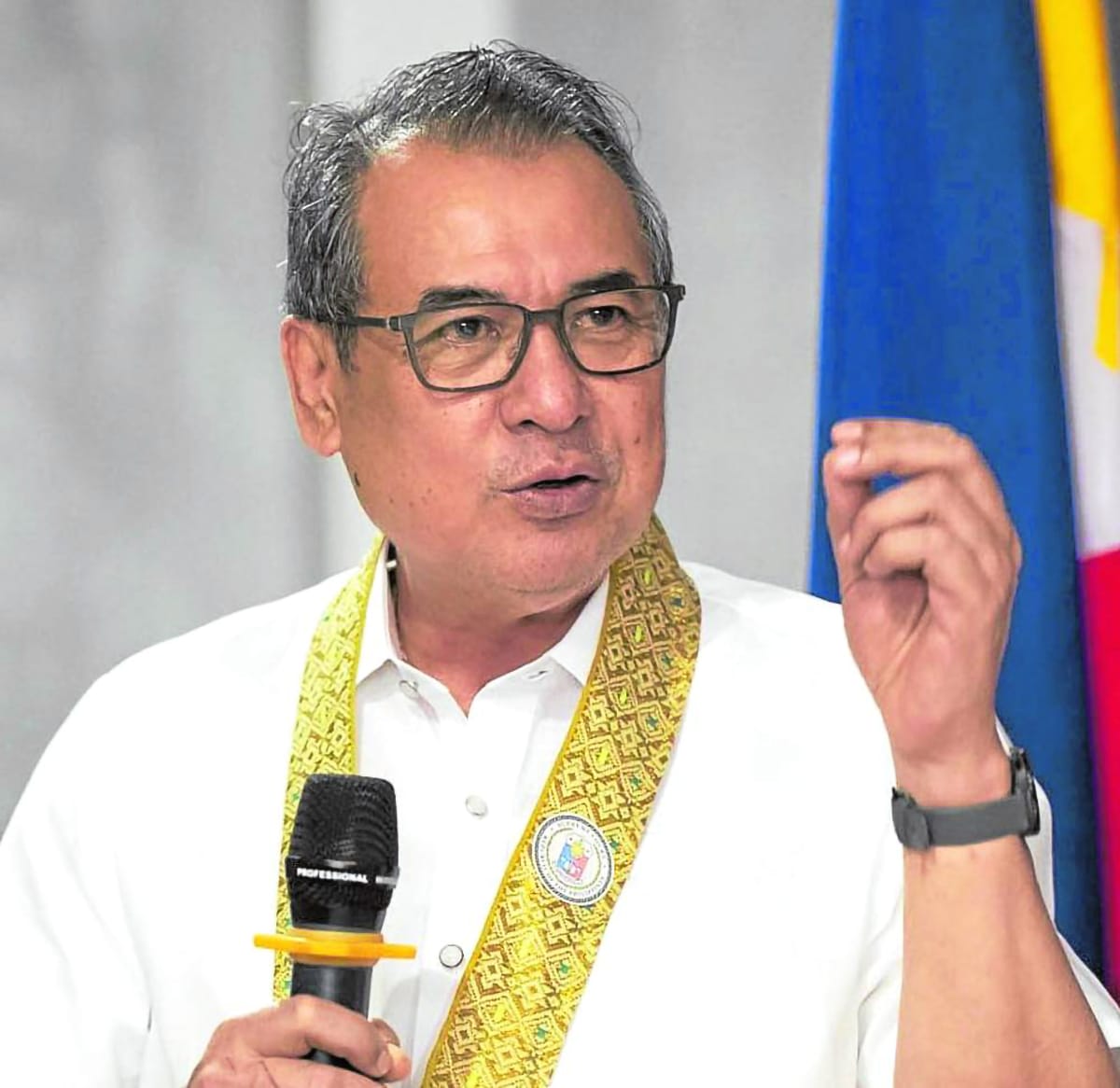Chief Justice calls for expansive legal measures vs cybercrimes

Chief Justice Alexander Gesmundo (Photo Courtesy of the Supreme Court Public Information Office)
MANILA, Philippines – More work needs to be done in the country’s cybercrime laws since cyber-related offenses and threats constantly evolve, according to Chief Justice Alexander Gesmundo.
“The threats and their perpetrators are constantly upgrading, and so must we and our tools. The crimes they commit continue to recognize no borders, and so our efforts in response must be as broad and expansive, with all due regard, of course, for the law and the rights of all,” Gesmundo said in a statement on Sunday.
Gesmundo was one of the lecturers at the Guam Law Library Legal Education Summit last July 5.
He likewise shared that the Supreme Court’s (SC) special committee on cybercrime and electronic evidence is now working to amend Rules on Cybercrime Warrants.
Gesmundo added that the Department of Justice also formed a technical working group to enhance Cybercrime Investigation and Prosecution guidelines.
Article continues after this advertisement“This will enhance the capacity of the criminal justice sector to handle cybercrime, especially in terms of identifying, preserving, collecting, examining, analyzing, authenticating, and presenting electronic evidence in court,” Gesmundo said.
Article continues after this advertisementAccording to the SC, Gesmundo’s lecture also covered the evolution of the country’s legal framework on cybercrime and cyber-related offenses and the decisions on related cases.
He discussed the first comprehensive cybercrime legislation in the Philippines, Republic Act (RA) No. 10175, or the Cybercrime Prevention Act of 2012 (CPA), and the landmark case of Disini v. Secretary of Justice (GR No. 203335, February 11, 2014) concerning the CPA.
“In the Disini case, numerous petitions were filed before the Supreme Court by concerned groups after the enactment of the CPA, assailing its constitutionality,” the SC said in a statement.
“The petitioners alleged that the law violates the constitutionally granted right to freedom of expression, due process, equal protection, and privacy of communications, as well as constitutional sanctions against double jeopardy, the undue delegation of legislative authority, and unreasonable searches and seizure. The Supreme Court issued a 50-page decision declaring the CPA valid and constitutional for the most part,” the SC added.